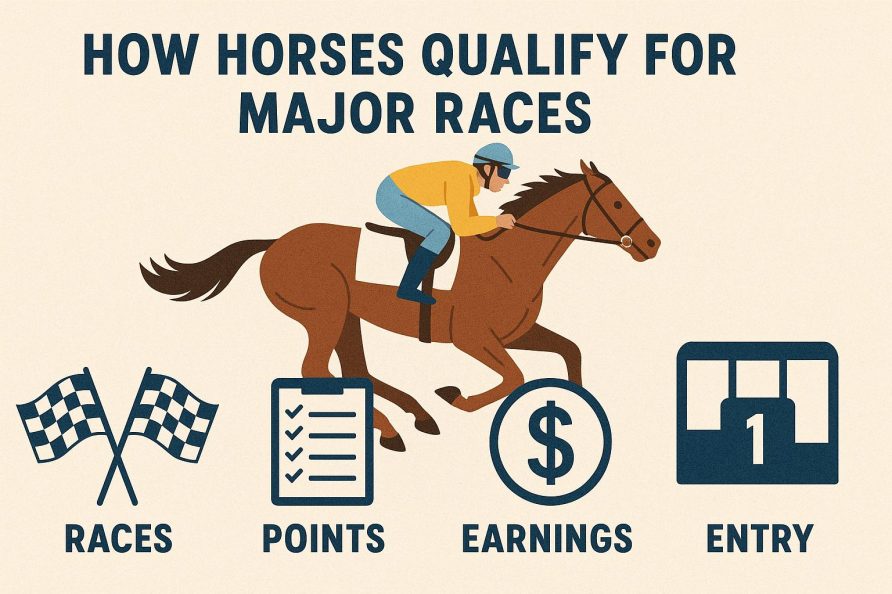The Influence of Jockey Weight on Horse Racing Outcomes
The role of jockey weight in horse racing continues to spark significant discourse within the industry. This discussion seeks to ensure fairness and uphold competitive balance while also considering the health and safety of the jockeys. Jockey weight can impact a horse’s performance, which in turn can affect the outcome of the race.
Understanding Weight in Horse Racing
In horse racing, jockey weight refers to the total weight the horse carries. This includes not only the jockey but also the saddle and any additional weights required to meet the race’s handicap standards. Racing authorities set these requirements to level the playing field for all competitors. Understanding the mechanics of how weight influences racing is crucial to appreciating the dynamics at play.
Handicap Racing
In the context of handicap racing, horses are assigned specific weights to carry. This system intends to level the competitive landscape by adding more weight to successful racers. As a result, horses compete not only against each other but also contend with the added burdens designed to counterbalance their previous advantages. These intricacies reveal how weight assignments can strategically influence race outcomes and horse performance.
Weight and Horse Performance
The impact of jockey weight on a horse’s performance can be significant and is attributed to several factors:
Balance and Speed: A jockey’s ability to maintain balance and manage weight distribution is essential for the horse’s speed and stability during a race. A well-balanced jockey can help preserve the horse’s momentum and assist in navigating turns more efficiently.
Energy Consumption: As the weight a horse carries increases, its energy consumption also rises. This additional expenditure can affect the horse’s ability to maintain speed over long distances. Consequently, energy reserves become a strategic component in race strategy.
Biomechanics: The interaction between a horse’s biomechanics and the jockey’s weight is crucial. An optimal weight load can enhance the horse’s natural stride and reduce unnecessary stress on its joints and muscles, contributing to a smoother and more effective racing experience.
Research and Studies
Extensive research has been conducted to explore how jockey weight impacts horse racing outcomes. Researchers often utilize race data and conduct biomechanical analyses to assess correlations between weight and performance. Results generally suggest that heavier jockeys can inhibit a horse’s optimal performance. The degree of impact, however, varies depending on the individual characteristics of each horse and the specific race conditions. These findings highlight the complex interplay between weight and performance dynamics.
Considerations for Jockeys
Jockeys face strict weight requirements, which often necessitate rigorous diet and fitness regimens. Maintaining a suitable weight is crucial not only for professional success but also for personal well-being. Jockeys must navigate the fine line between meeting race weight requirements and ensuring their health remains uncompromised by extreme weight control practices.
Health and Safety
For jockeys, maintaining a low body weight comes with health challenges. The racing industry recognizes these concerns and is taking steps to address them. By reviewing weight regulations, the industry aims to accommodate jockey well-being while maintaining race fairness. Such adjustments are essential to ensure the sustainability and attractiveness of horse racing as a sport.
Industry Practices
The industry has begun adopting practices such as adjusting minimum weight limits and providing enhanced support systems for jockeys facing weight management issues. These initiatives reflect a growing recognition of the need to balance competitive fairness with the well-being of those involved in horse racing. Continued research and dialogue within the industry aim to establish standards that uphold this balance, demonstrating a commitment to both fairness and health.
Conclusion
Jockey weight remains a pivotal element in the horse racing landscape. While it is imperative to ensure competitive fairness, the health and safety of jockeys must not be overlooked. As the industry evolves, ongoing research, coupled with thoughtful policy adjustments, becomes indispensable in harmonizing these objectives. By striving for an equilibrium between competitive integrity and individual well-being, the racing industry can continue to thrive.
For further reading on this subject, you can explore more articles from reliable sources in the racing industry. Platforms such as Racing Post or BloodHorse provide comprehensive insights and analyses on various aspects of the sport. These resources offer a deeper understanding of jockey weight and its broader implications, contributing to a more informed appreciation of horse racing.





